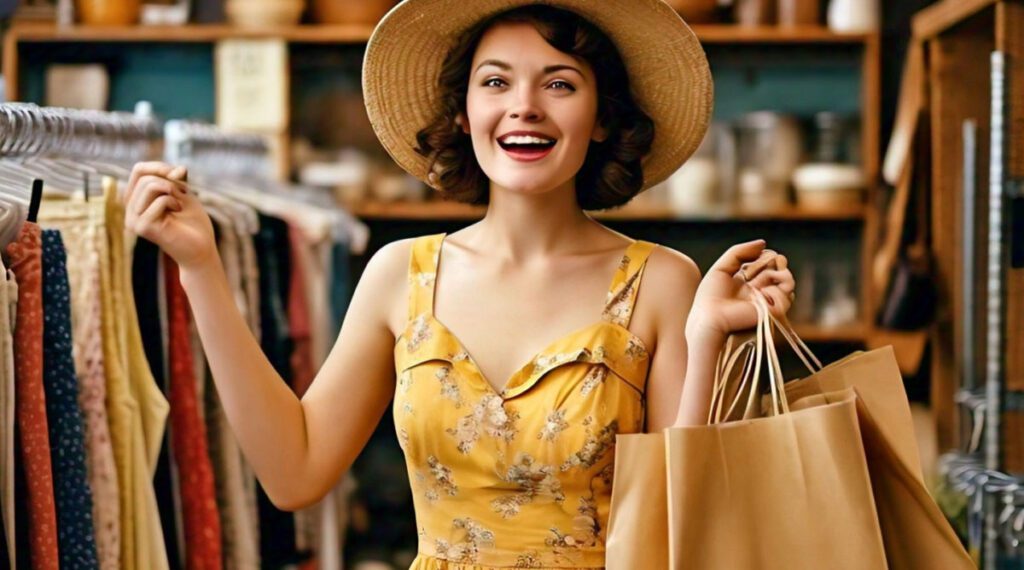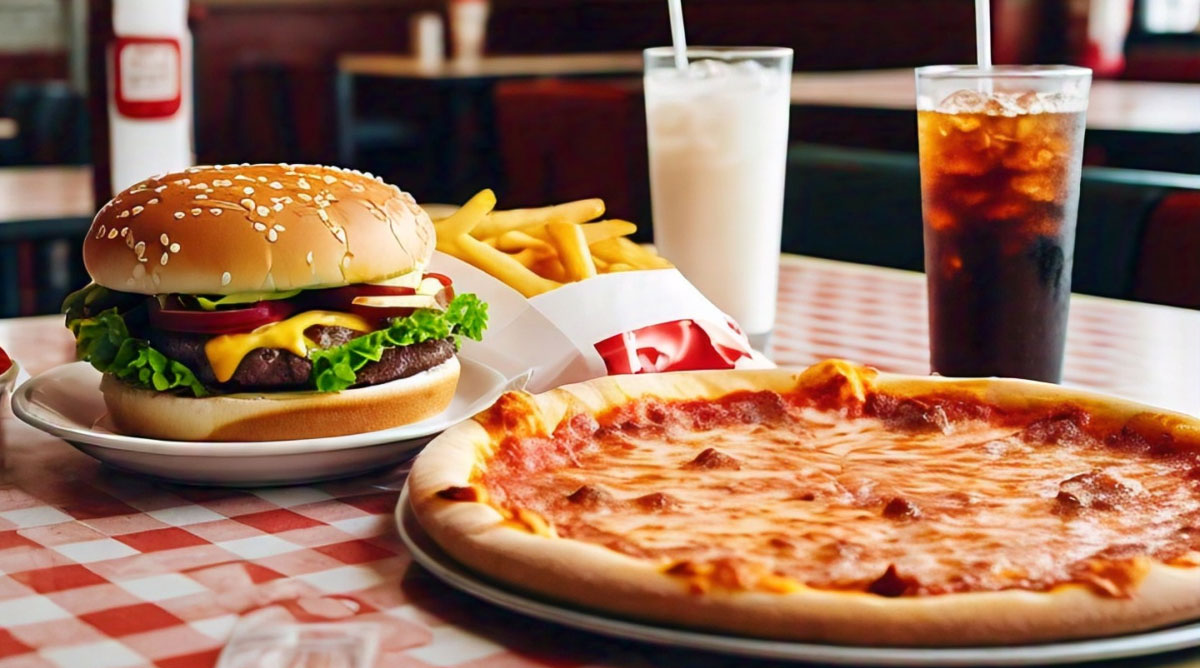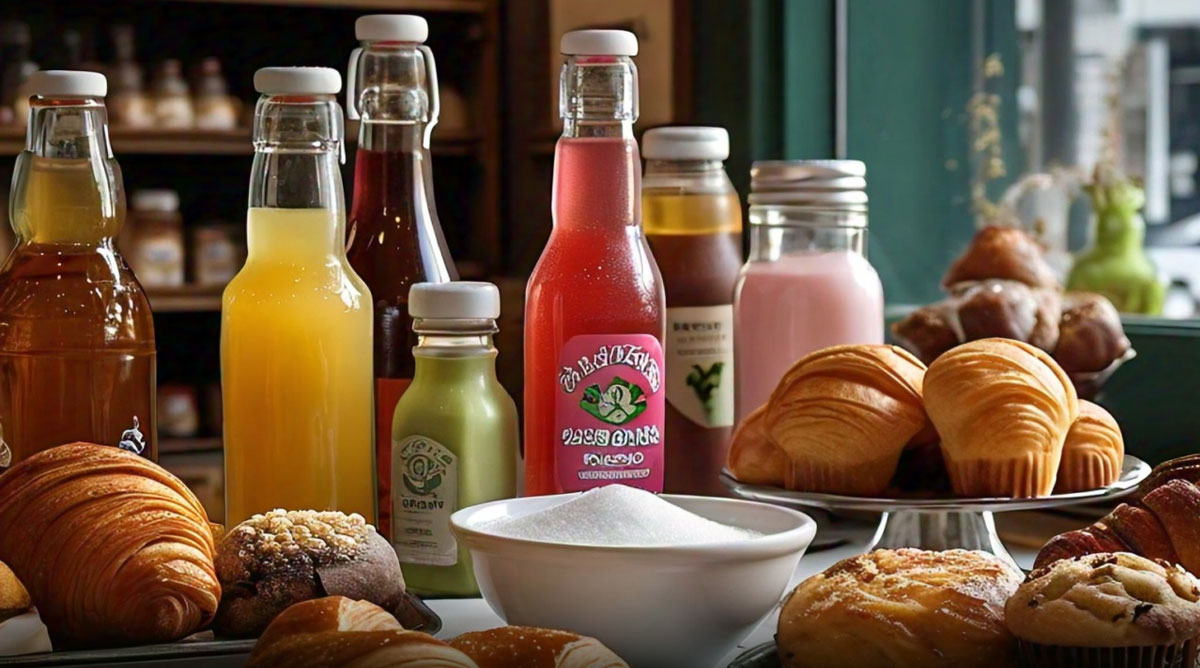Thrift stores are a cornerstone of the retail industry, offering a unique shopping experience and promoting recycling and reuse. As consumers continue to seek ways to stretch their budgets, the resale market is growing rapidly.
With over 25,000 thrift stores across the United States, these shops help divert millions of pounds of clothing from landfills, support community development, and often collaborate with local charities. However, while there are many bargains to be found, some items are best left on the shelves. Here are eleven things you should avoid purchasing at thrift stores.
1. Plush Toys
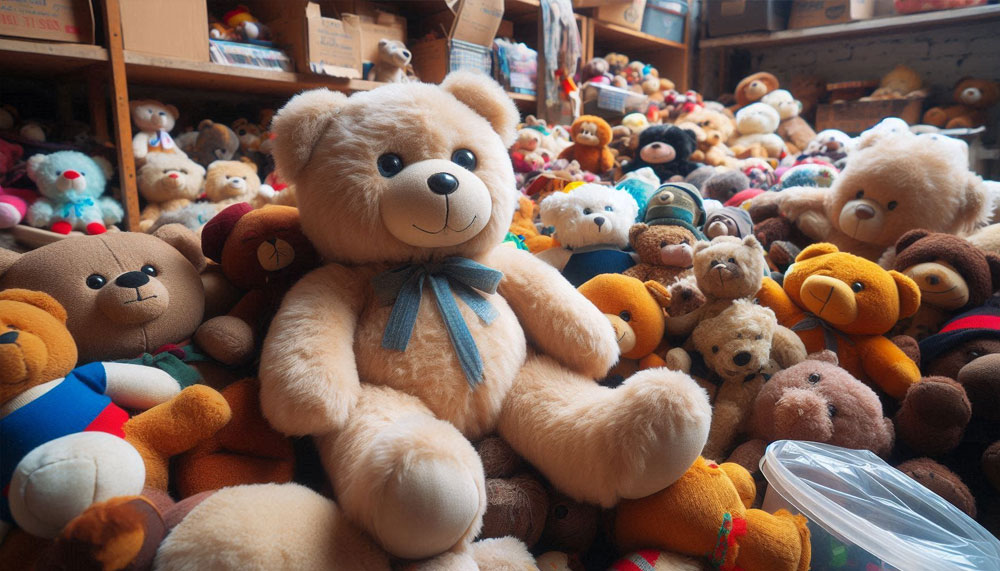
While they might look cute, stuffed animals from thrift stores can be a hidden source of problems. These toys can harbor fleas, bed bugs, and allergens like mold. Additionally, washing them can often lead to damage or disfiguration.
2. Helmets and Hats
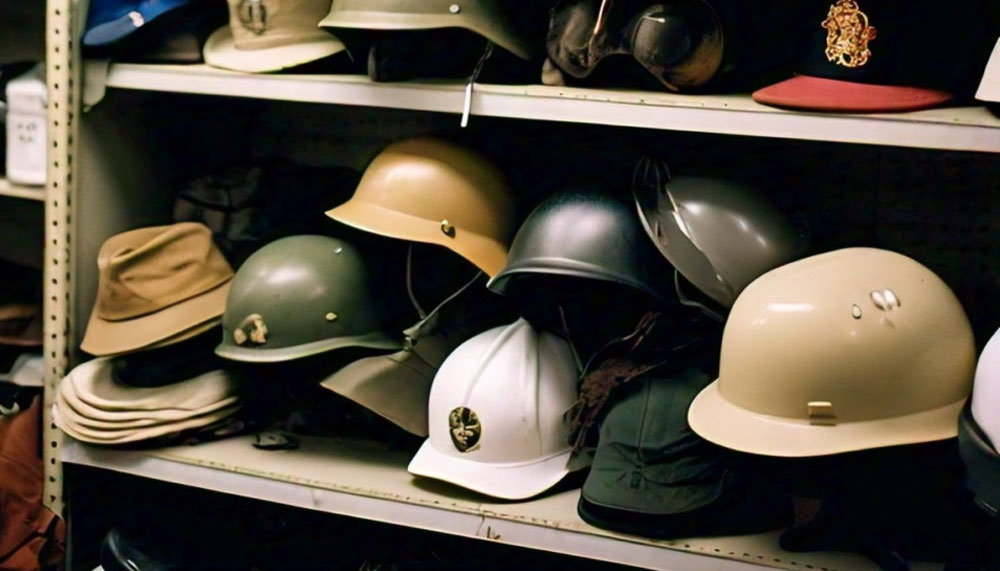
Hats and helmets might seem like a good deal, but they can carry lice and other infections. Helmets, in particular, are designed to withstand only one impact. Once compromised, they may no longer provide adequate protection, even if they appear undamaged.
3. Beauty Products
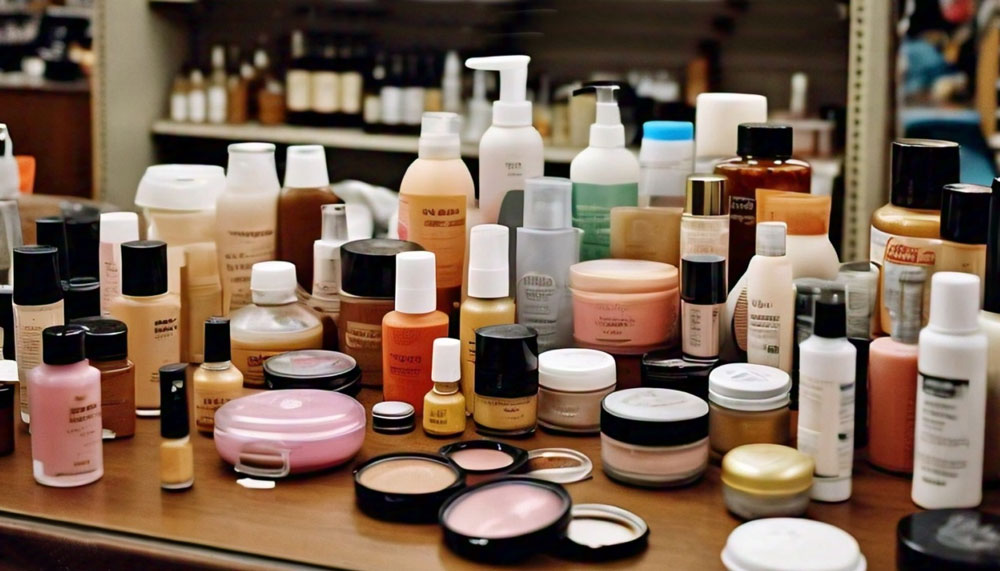
Skincare items and makeup are not recommended buys at thrift stores. These products can harbor bacteria, leading to infections or skin irritations. Without proper labeling, it’s impossible to know the ingredients, which could pose further risks.
4. Bedding Items

Mattresses and pillows from thrift stores can be infested with bedbugs, which are notoriously difficult to eradicate. Even with a thorough inspection, it’s challenging to ensure these items are free from pests.
5. Non-Stick Cookware
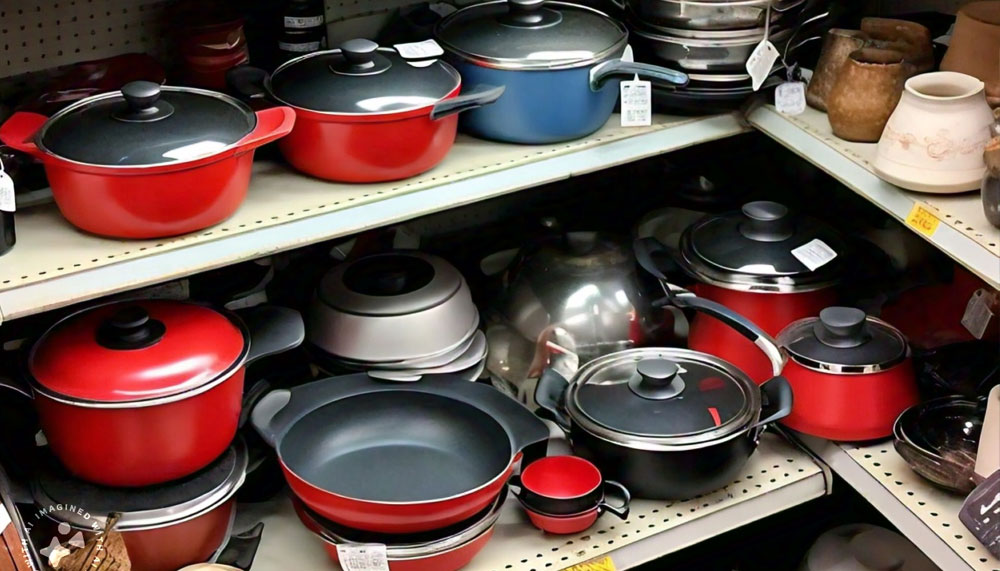
Non-stick pots and pans might seem like a great thrift store find, but they can come with hidden dangers. Older non-stick surfaces may be scratched or damaged, potentially releasing harmful chemicals into your food. It’s safer to invest in new cookware.
6. Pet Items
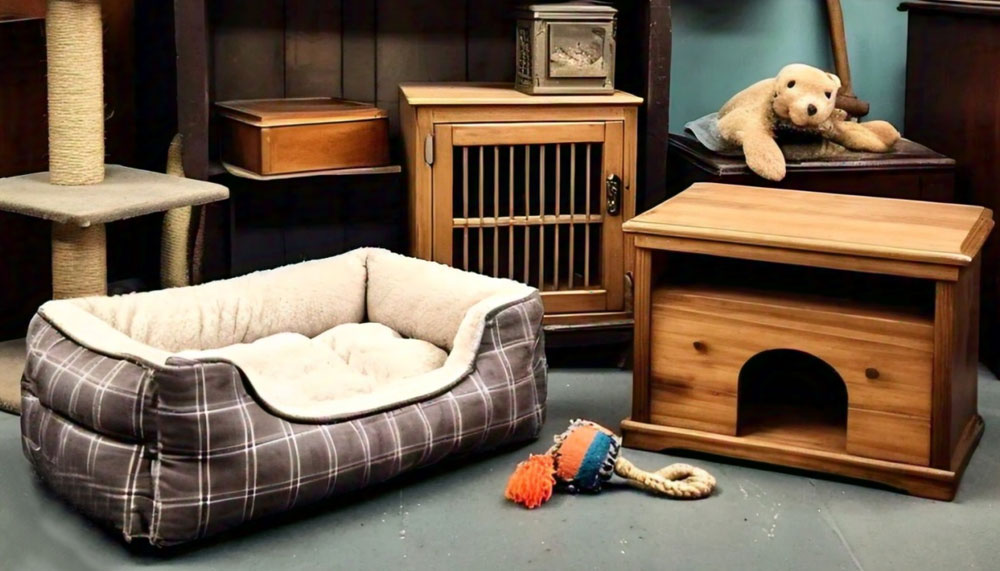
Secondhand pet furniture, such as beds and crates, can contain bacteria, parasites, and fleas. These items can also carry unpleasant odors and potentially harm your pet’s health.
7. Vacuum Cleaners
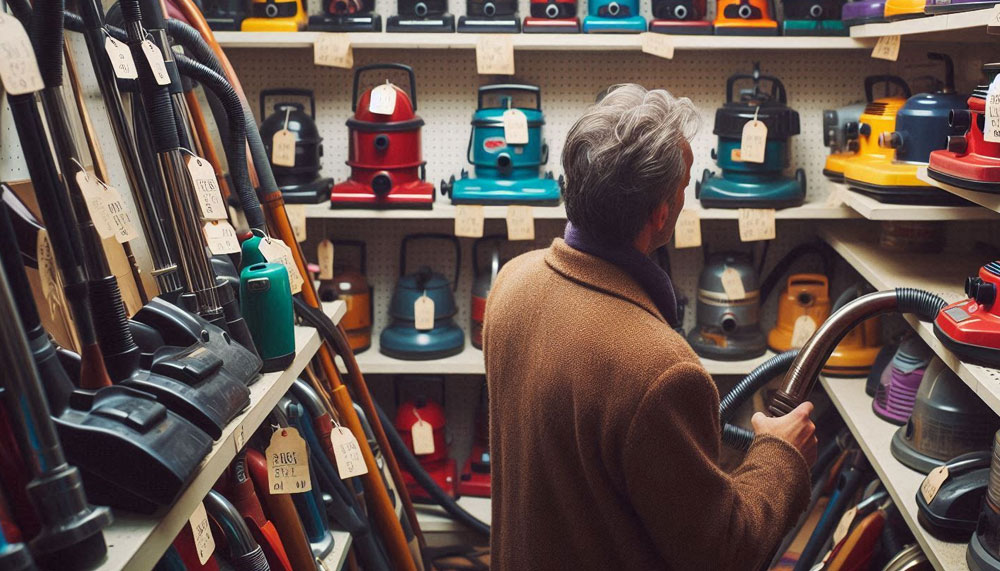
Used vacuum cleaners often have diminished suction power and can be challenging to clean thoroughly. Buying a new vacuum ensures better performance and hygiene.
8. Underwear
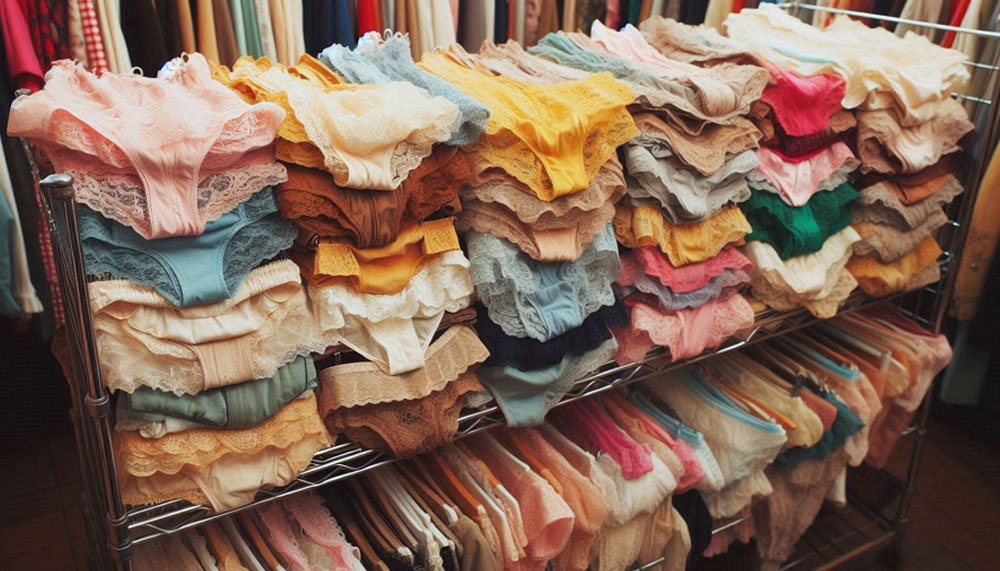
Thrift stores rarely offer new, unused undergarments in sealed packages. For hygiene reasons, it’s best to avoid buying secondhand underwear or swimsuits.
9. Electrical Appliances
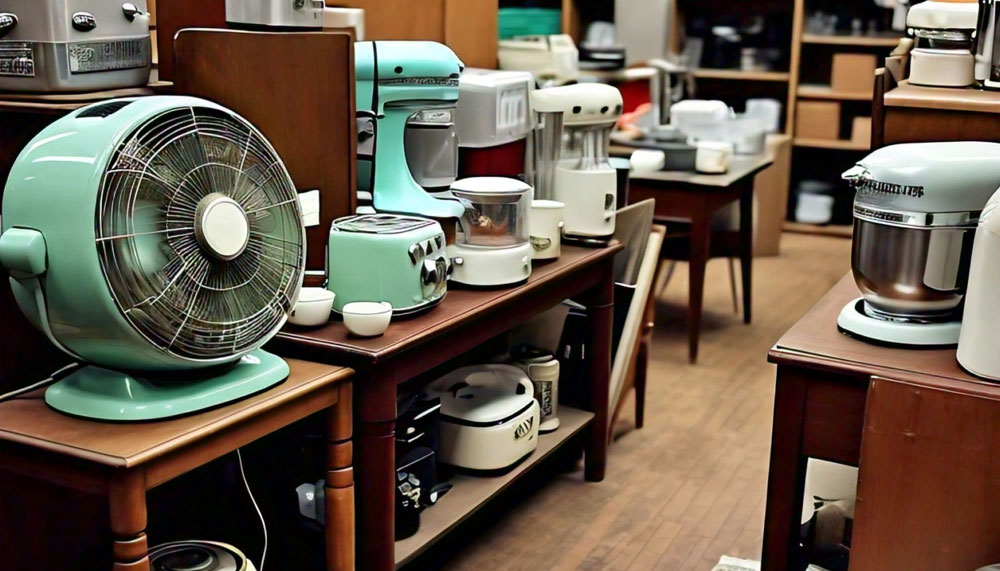
Thrift store electrical appliances can be a risky purchase. These items might not work properly or could pose fire hazards due to wear and tear or improper storage. Without knowing their history, it’s hard to ensure they meet current safety standards.
10. Puzzles
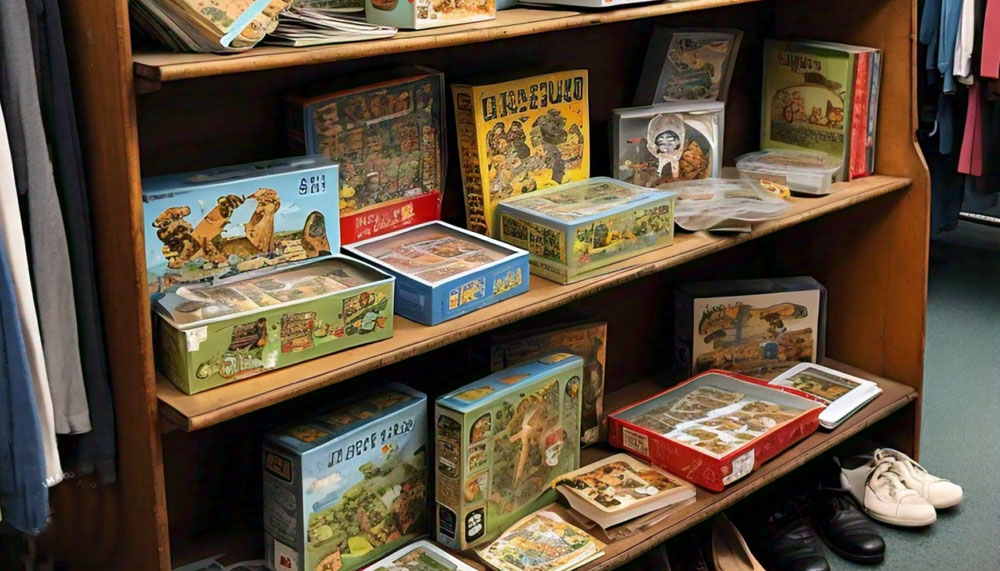
Secondhand puzzles can be a gamble, often missing pieces or harboring germs. The frustration of incomplete puzzles and the risk of contamination make them a poor choice.
11. Baby Gear
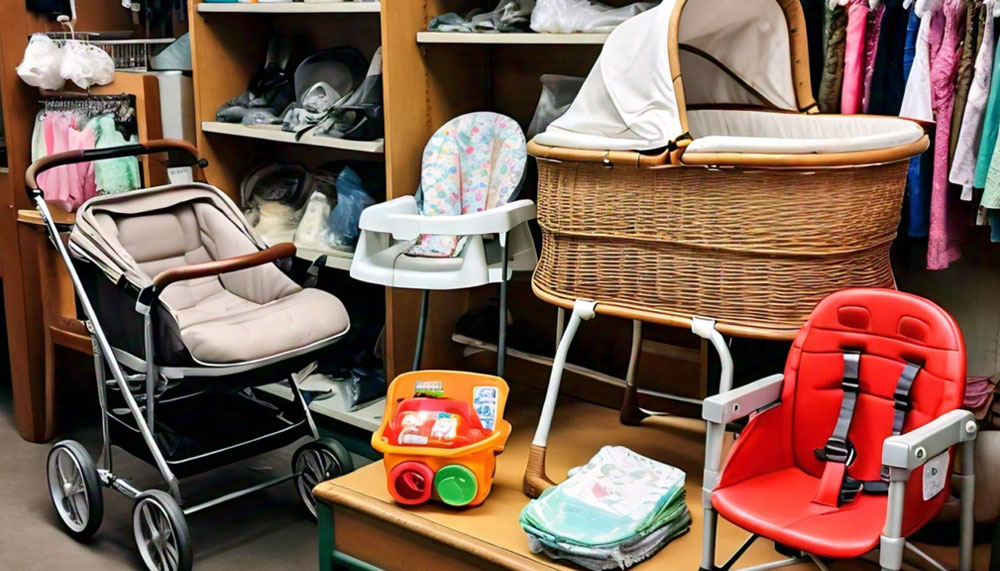
While baby clothes and furniture are reasonable secondhand purchases, items like cribs, strollers, and car seats should be approached with caution. These items may have outdated safety features, missing parts, or previous recalls.
Thrift stores are fantastic for finding unique and affordable items, but it’s essential to shop wisely. Avoiding these eleven items can save you from potential headaches and ensure a better shopping experience. By being selective, you can enjoy the benefits of thrift shopping while maintaining safety and hygiene.
More on VOU
The Persistence of Unhealthy Diets in the United States: An Examination
Highlights The State of American Diets Recent research from Tufts University, published in the Annals of…
Here’s Why Refined Sugar is a Slow Poison According to Nutritionists
Highlights White sugar, also known as refined sugar, is a staple in many diets worldwide. While…
ByteDance Teams Up with Broadcom and TSMC to Develop 5nm AI Chip
Highlights: ByteDance’s Strategic Move in AI Chip Development TikTok’s parent company, ByteDance, has embarked on a…
Apple and Meta Eyeing AI Partnership
Highlights Apple and Meta’s AI Vision Apple is reportedly in talks with Meta to explore a…

